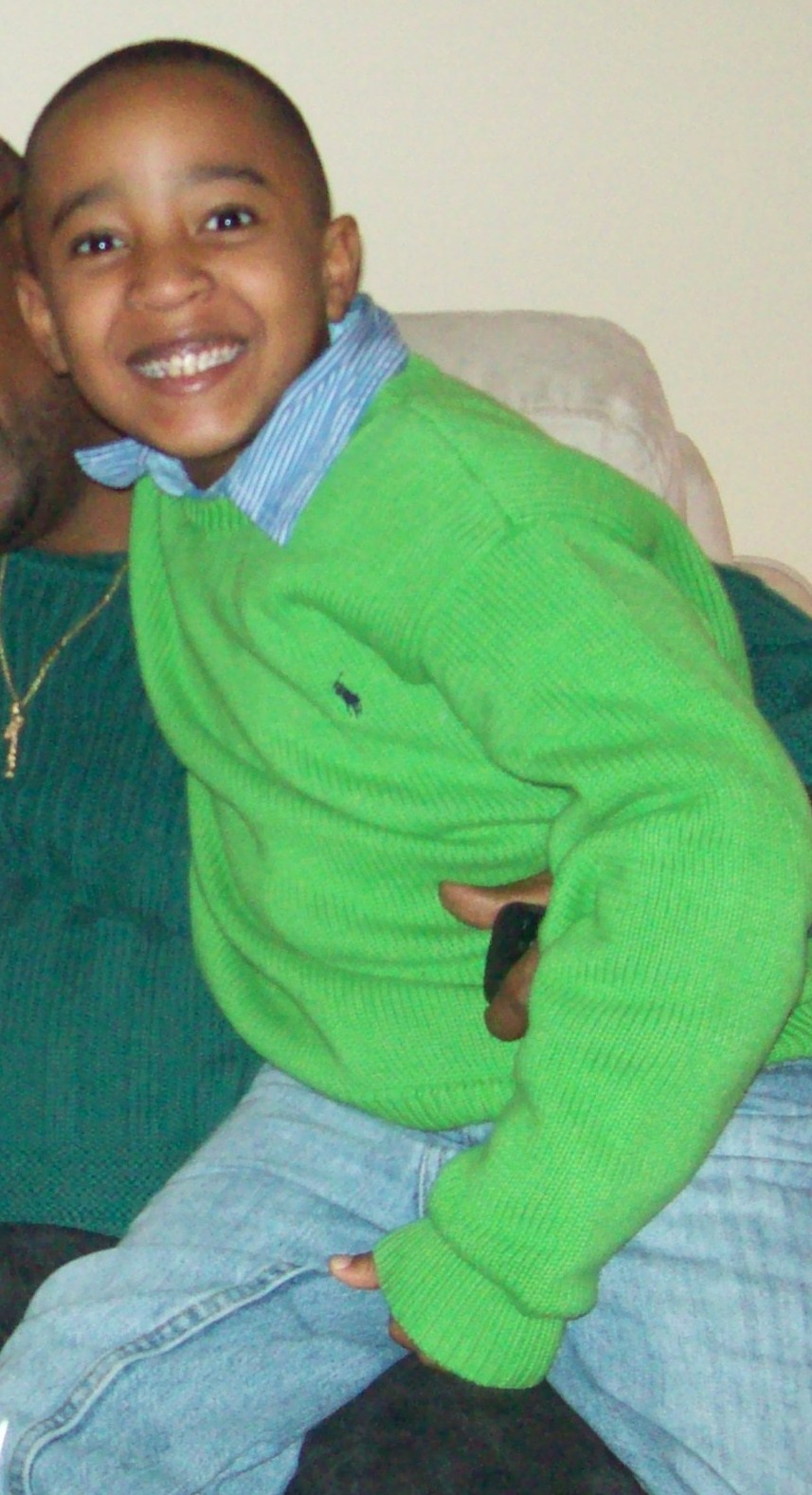The other day I told you that my son, Joshua, was my hero because he went from having a racial identity crisis to understanding his identity in Christ and how he should behave because of it. Like all of us, this week Joshua’s identity was challenged.
“I’m not a Trader Joe’s kid because you have to be white to be a Trader Joe’s kid,” Joshua said with disdain after his bi-weekly trip to the moderately priced health-conscious grocery store. He was in the other room so I had him come to me and repeat what he said. As he looked at the white children on the ‘Trader Joe’s Kids’ stickers the store gives to children, he said, “I’m not a Trader Joe’s kid because I’m not white.” Initially, I wanted to tell him what he was saying was ridiculous and then affirm his blackness. Instead I asked him what made him say that Trader Joe’s kids have to be white. He told me that there were only a few black people in the store and that he was the only black kid. “There was no one but me. It was all white. And how come Ferndale is all white, too?” he asked, referencing a slightly integrated neighboring city where we shop at a health food store. Though Joshua has gone to Trader Joe’s and Ferndale for as long as he can remember, he had a moment of awakening that seemed to have him seeing more than him being the only black kid; he was getting the sense that he didn’t belong.
And I know that feeling all too well. Though I have full confidence in the abilities God has given me, I can sense when others don’t have that confidence, evoking the feeling that, to them, I don’t belong. I get it in retail shops, in the halls of academe, in a church I may visit on vacation, and on the streets of a neighboring suburb. And when people don’t have confidence in your ability to be intelligent, kind, hardworking or honest, to name a few, they make this clear with where they shop, work, play and live, and most times that’s away from you.
So I reminded Joshua that from the blood of one man God created all nations of men, but it is we who tend to live with those who only look like us. “We separate ourselves, Joshua. You have a right to be anywhere you want to be. You are a Trader Joe’s kid because you’re a kid who shops there all the time. Just because you’re the only black child does not mean you don’t belong, no matter what anyone says.” His face lit up, and I knew he believed me.
Joshua’s questioning whether or not he’s a Trader Joe’s kid is the reason discussions on blacks’ contribution to society and race relations can’t be limited to Black History Month. We must continuously discuss how exclusion and isolation breed alienation and how Christians can’t be party to such behavior, whatever race you are. Living in the Metropolitan Detroit area, which is reportedly the most racially segregated in the country, I know I have a lot of work to do. I hope Joshua never fails to share his feelings of isolation or even his prejudiced actions. This way we can check his feelings and actions against God’s word and affirm or correct where he is.
Copyright 2010 by Rhonda J. Smith

